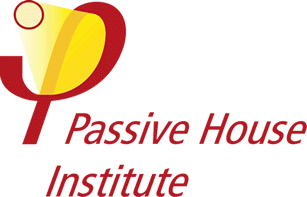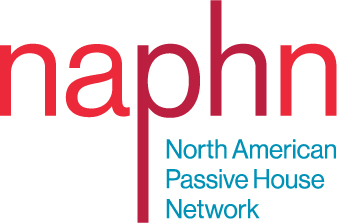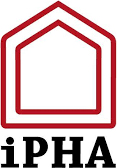(Press Release, Passive House Institute, 5 July 2017) Darmstadt/Munich, Germany.
In view of the international climate objectives, providing both affordable and energy efficient living space has become a challenging task for cities and communities. Solutions for solving this dilemma will be discussed at the 22nd International Passive House Conference which will take place on 9 and 10 March 2018 in Munich. “Passive House – it’s worth it!” is the motto of this year’s Conference, which will be introducing many low-cost projects relating to energy efficient construction to the Passive House Standard. The Call for Papers has begun.
Rising rents in big cities
Rental prices are continually increasing particularly in large cities and worldwide. Prices for land and building plots are also increasing at the same time. Municipalities are bemoaning the lack of affordable housing space for the general population. In view of the climate protection objectives, cities and municipalities are therefore faced with the challenge of building affordable and energy efficient buildings. This applies equally for new constructions as well as refurbishments for existing buildings.
Major challenge for municipalities
Reconciling efficiency and cost-effectiveness will therefore be a focal topic at the 22nd International Passive House Conference in Munich. Accordingly, the key theme of this conference, where over 1000 experts in the field of energy efficient construction will come together, is “Passive House – it’s worth it!”.
Great progress with Passive House components
“For example, today triple glazing costs little more than the old double glazing. This trend is also becoming apparent with all other products which are decisive for Passive House buildings. The necessary additional investment in an energy efficient building is therefore worthwhile even with comparatively low energy prices. The Passive House Conference summarises the insights gained with thousands of examples,” says Feist.
10,000-Houses-Programme in Bavaria
In Bavaria, the federal state, as well as its capital Munich, offer several subsidy programmes for energy efficient construction and modernisations. “With its 10,000 Houses Programme, the Bavarian Ministry of Economic Affairs promotes new constructions and modernisations as energy efficient and future-oriented buildings,” explains Rudolf Escheu, who is the Head of the Renewable Energies and Energy Efficiency Department of the Bavarian Ministry of Economic Affairs. In addition, in 2011 the Free State of Bavaria made the decision to build all new nonresidential buildings belonging to the state in accordance with the Passive House Standard. Bavaria builds to the Passive House Standard Two of the interesting Passive House projects in Munich are the wagnisART cooperative housing complex which offers 138 apartments and was the result of a joint venture between future residents as well as 25 apartments in the Passive House building in the GertrudGrunow-Street. Both projects were recently included in the Bavarian Architects Chamber’s list of places to be visited as part of the event “Architektouren”. The project database of the Passive House Institute also lists many Passive House projects all over Bavaria. (www.passivehouse-database.org)
Call for Papers
The Call for Papers for the 22nd International Passive House Conference with the motto “Passive House – it’s worth it!” has begun. This time the Conference will focus on the aspect of the compatibility of energy efficiency and cost-effectiveness. Other topics include the sustainable energy supply of Passive House buildings, retrofits to the Passive House Standard, building materials under focus from the economic and ecological perspective, qualification of designers and tradespersons, and adaptation to the climate for summer comfort. Abstracts may be submitted until 12 September 2017.
The 22nd International Passive House Conference and the accompanying specialists’ exhibition will take place on 9 and 10 March 2018 in the MOC event location in Munich. Workshops and excursions will take place from 7 till 11 March 2018.

























